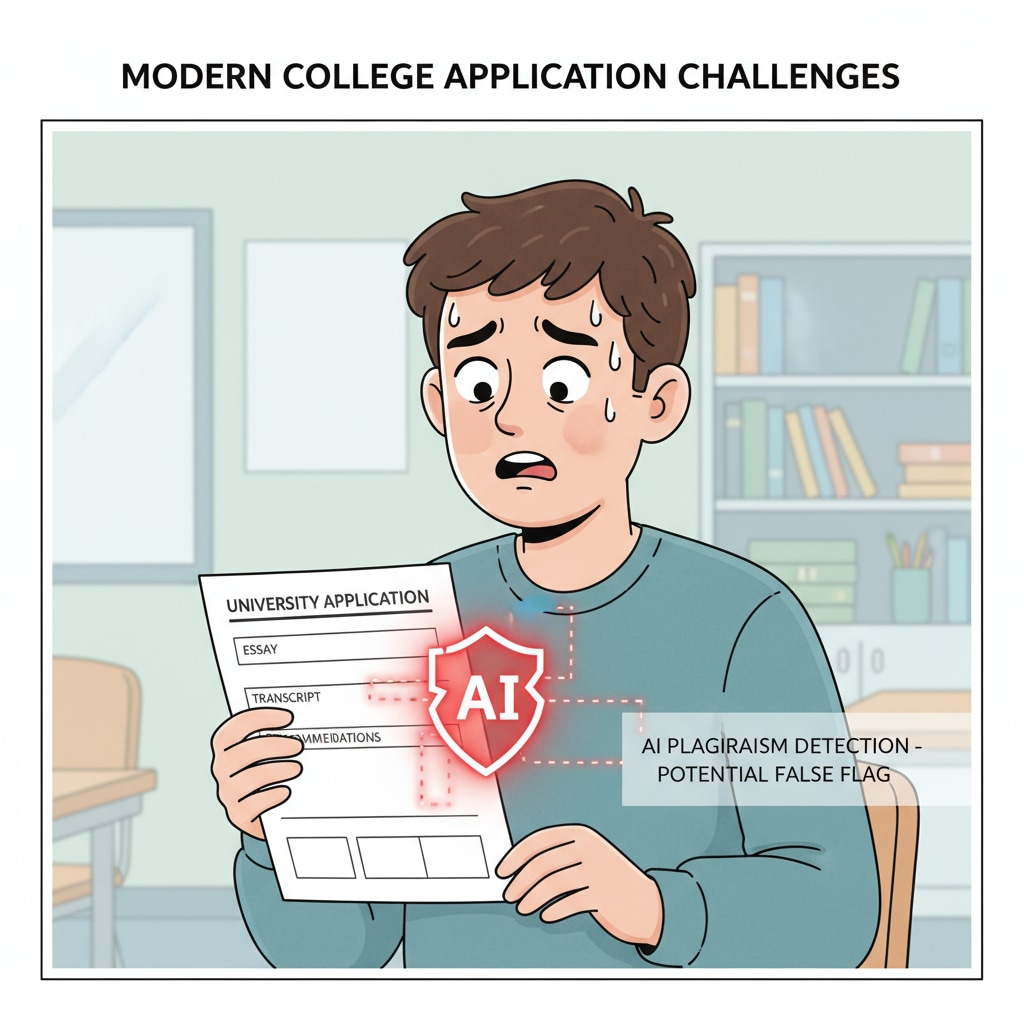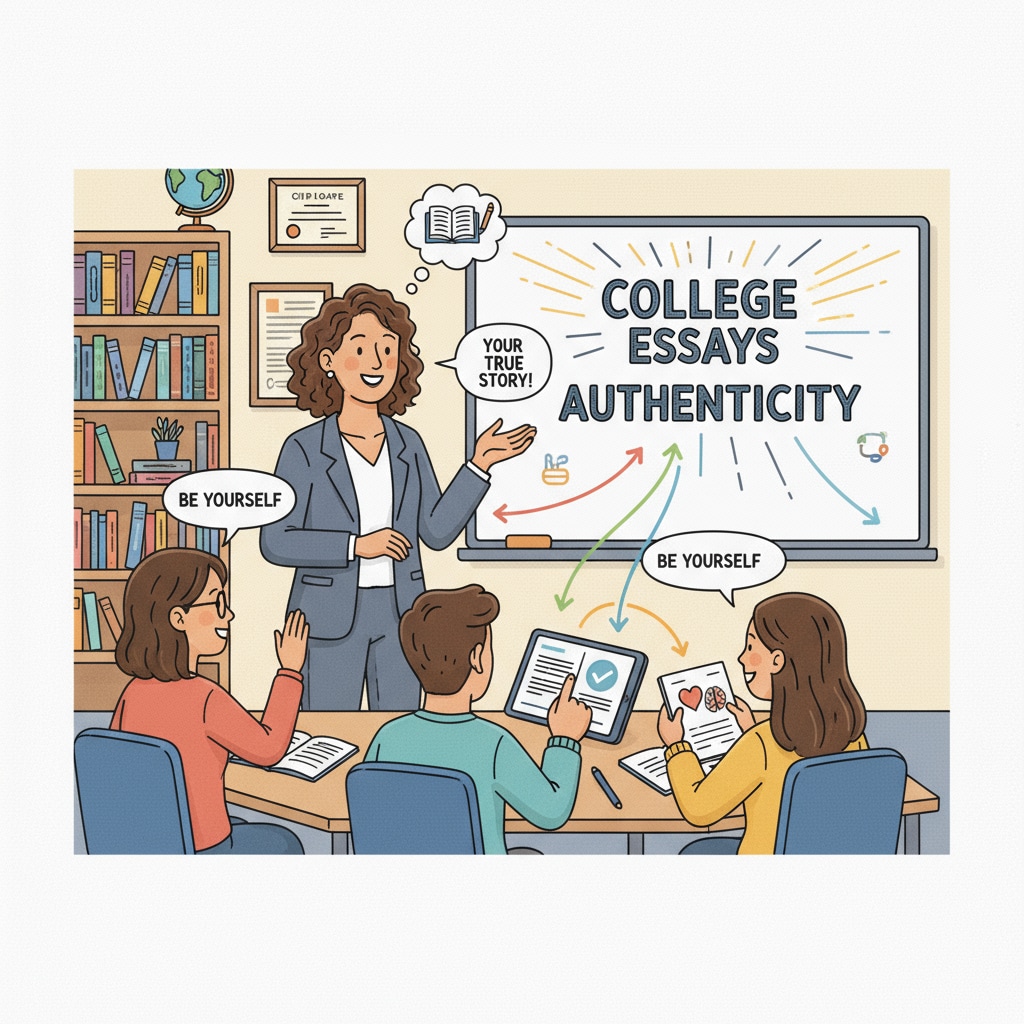In the landscape of college applications, the intersection of personal statements, AI detection, and the admissions process has given rise to a significant challenge. As AI detection tools become more prevalent in the college application review process, an increasing number of students are finding themselves in a difficult situation where their genuine personal statements are being mislabeled as AI-generated.

The Impact on K12 Education
This emerging problem has far-reaching implications for K12 education. Firstly, it undermines the efforts of students who have spent countless hours crafting their personal statements to showcase their unique personalities, experiences, and aspirations. These statements are a crucial part of the college application, allowing students to stand out from the crowd. When they are wrongly flagged as AI-generated, it not only devalues their hard work but also creates a sense of frustration and unfairness.
Secondly, for educators, it poses a challenge in guiding students on how to write authentic personal statements. With the fear of false positives, teachers may need to adjust their teaching methods to ensure that students’ writing does not trigger these AI detection tools. This could potentially limit the creativity and freedom of expression that students are encouraged to develop in their writing.

Maintaining Authenticity and Fairness
For students, it is essential to understand the importance of writing in their own voice. They should focus on sharing their true stories and emotions, rather than trying to mimic a particular style that might be flagged by AI detectors. By being genuine and using their own words, they can increase the likelihood of their personal statements being recognized as authentic.
Educators can play a vital role in this process. They can provide students with more guidance on how to structure their personal statements, emphasizing the use of personal anecdotes and unique perspectives. Additionally, they can help students understand the limitations of AI detection tools and how to avoid potential pitfalls.
Colleges and universities also have a responsibility to ensure fairness in the application process. They should not rely solely on AI detection tools but instead use a combination of human review and technological assistance. This way, they can take into account the context and nuances of each personal statement, reducing the chances of false positives.
Readability guidance: As we’ve seen, the issue of AI detection false flags in college applications affects multiple stakeholders. Students, educators, and institutions all need to work together to address this problem. By taking proactive steps, we can ensure that the college application process remains fair and that students’ genuine efforts are recognized.


